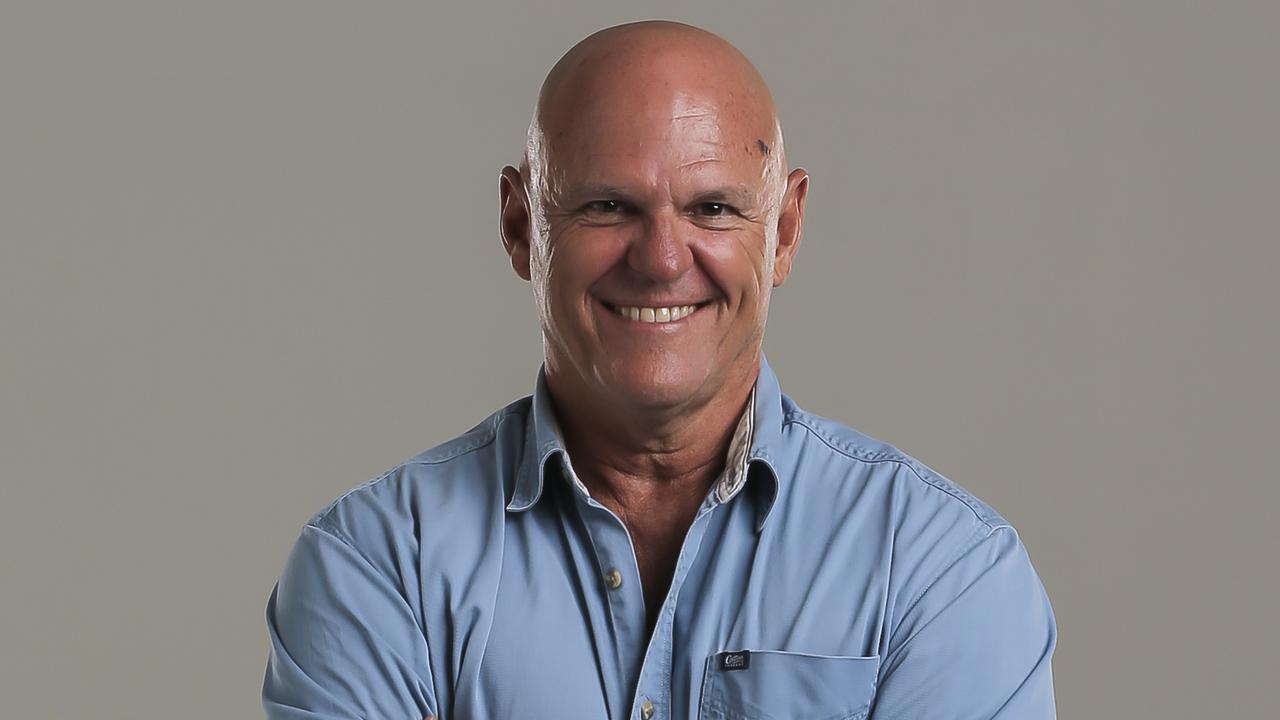Opinion: Scrapping work licence for drink-drivers is not justice
DRINK-drivers rightly get little sympathy from the public, but a proposed law change could leave many in an unfairly onerous position.
TWO drivers. Two different areas of the state – one a cattle farmer from near Millmerran and the other an IT professional from New Farm. Both are on their way home after a few drinks at the pub. Both experience the familiar flash of red and blue in the rear-vision mirror. Both register a blood-alcohol content of 0.76 when presented with the police breathalyser.
As the law stands today, both offenders – when they appear before a magistrate – face up to a nine-month licence disqualification, a fine and the social embarrassment that goes along with a drink-driving conviction.
Because the farmer depends on his licence for his livelihood, he would likely be eligible to apply for a “restricted licence” (that’s a work licence, to the general public), allowing him to drive only for work purposes for the period of his disqualification.
This mechanism, awarded at the magistrate’s discretion, ensures that both offenders suffer essentially the same punishment – a financial penalty and loss of road privileges for their private activities. But because of the work licence, the farmer does not suffer the greater penalty of being unable to work while the IT professional enjoys a ferry ride to his CBD job each weekday.
Among a number of possible changes to Queensland drink-driving laws, the Palaszczuk Government is considering a proposal to scrap work licences, citing the fact that they do not exist in most other Australian states.
What is missing from this debate, however, is the understanding that Queensland has another element of its drink-driving laws that also doesn’t exist in neighbouring states – a mandatory disqualification period for offenders.
So while it’s true that a magistrate in New South Wales does not have the ability to grant a work licence, he or she does have the discretion not to disqualify an offender’s licence on the grounds that doing so could deliver a severe and highly inequitable impact on that individual.

For example, a city-based CEO may be able to afford taxis to get to and from work while his or her licence is disqualified. A late-night hospital shift worker, however, may not have the same financial capacity to absorb that cost and could be forced to resign from work.
A self-employed courier driver with no prior conviction, if unable to drive for work, could lose his or her vehicle and livelihood, prompting a potential spiral of mortgage stress and possibly even foreclosure and bankruptcy.
The Millmerran farmer would face the added cost of hiring an extra worker or paying more for livestock transport – again, a far more significant financial penalty for committing the same offence as the New Farm IT worker or a barrister in Hawthorne.
The current work licence arrangement is not a way of circumventing drink-driving laws. Rather, it is a critically important tool in ensuring the equality of punishments.
If the Queensland Government genuinely wants to remove the work licence provision, it must do as other states have done and give magistrates the discretion not to disqualify licences for those offenders whose livelihoods and financial security would be jeopardised if they were unable to drive.
In my experience, however, the Queensland laws as they exist provide a better solution than the NSW option of not disqualifying an offender – instead allowing them to continue driving for work purposes only.
Of course, it is tempting to say that if you don’t drink and drive you won’t have a problem. Without a doubt, it would be a great outcome for our society if drink-driving could be stamped out.
But for as long as there have been laws there have been people breaking them.
Human beings invariably do silly things, and often downright stupid things. When they do, they should be dealt with by the justice system and they should be dealt with justly. Setting up a drink-driving legal framework that hands some drivers a notional disqualification and relatively small fine, while others could face losing their jobs or businesses, is not justice.
Queensland should have a robust and modern set of drink-driving laws – one which includes a mechanism for ensuring the punishment fits the crime.
Today, that mechanism is the restricted licence. If it is removed, it must be replaced with another mechanism to ensure financial fairness.
Andrew Wiseman is the principal of Wiseman Lawyers


